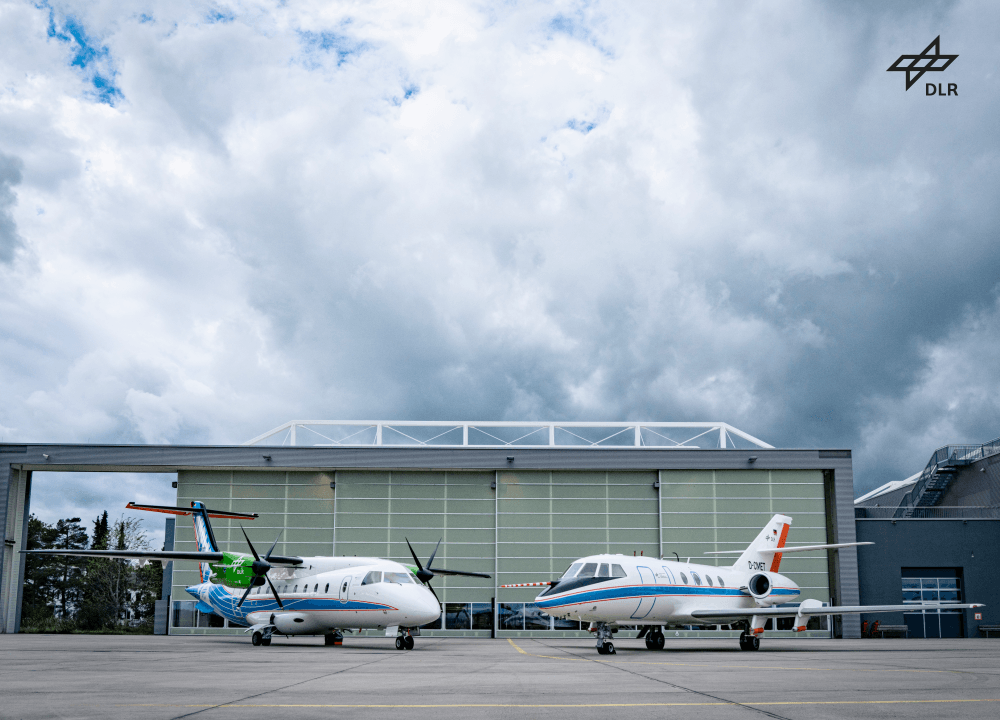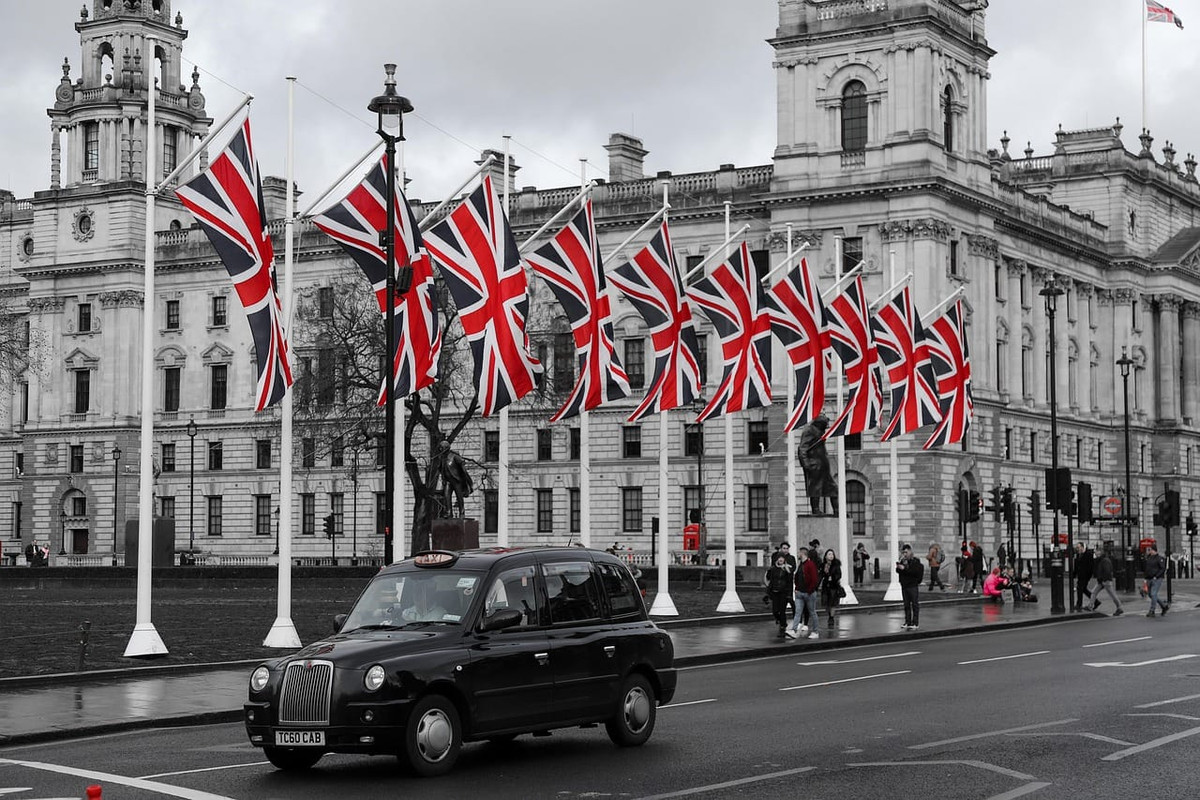
German aircraft manufacturer Deutsche Aircraft has successfully powered the first-ever test flight using 100 percent aromatics-free synthetic fuel in both engines of its D328 UpLift flight test stand. This is the first time the CS-25 has operated solely on fuel that is chemically identical to power-to-liquid (PtL) fuel. The flight, which took place at Oberpfaffenhofen Airport on October 9, 2024, is the starting point for the in-flight emissions measurement campaign CLIM0ART, which will investigate the benefits of using 100 percent aromatics PtL to reduce climate impact. PtL can be produced using sustainable CO2, renewable energy and water in the future, offering the potential to reduce the CO2 balance by up to 95 percent as well as reducing non-CO2 impacts.
The current CLIM0ART measurement campaign using the D328 UpLift platform is funded by the German Federal Ministry for Economic Affairs and Climate Action (BMWK) through the LuFo-Klima aerospace research program. The project is being led by the German Aviation Center (DLR) and Deutsche Aircraft, in cooperation with Sasol as a fuel shareholder. During this flight campaign, the D328 UpLift aircraft flies in formation with DLR’s Falcon 20E research aircraft, equipped with probes to measure emissions from aromatic synthetic fuels and to investigate the properties of ice crystals in condensation trails. The campaign also marks the first time the emissions of a CS-25 turboprop aircraft have been measured in flight on fully synthetic fuel. The in-flight emissions measurements were preceded by extensive emissions measurements of the D328 turboprop aircraft on the ground, powered by the same aromatics-free PtL-proxy fuel.
The synthetic fuel is supplied by Sasol, a leading South African chemical company, which has perfected the Fischer-Tropsch process on an industrial scale. While the fuel currently in use is not yet produced from sustainable raw materials (hence the name “PtL-proxy”), power-to-liquid fuel, or e-kerosene, has the potential to ease aviation’s transition to climate neutrality in the long term. Because its production is not restricted by the scarcity of raw materials. In addition to reducing carbon dioxide emissions, the absence of aromatics can significantly reduce the warming effect of jets and will improve air quality at airports.
“The CLIM0ART project is another piece of the puzzle in our comprehensive approach to improving the environmental impact of our aircraft, with the aim of applying the latest climate science to the D328eco™, which is currently under development,” said Nico Neumann, Chief Operating Officer at Deutsche Aircraft. “This achievement does not highlight the fuel’s potential.” Not only artificial intelligence, but also highlights the importance of cooperation between industry and research institutions and the support provided by the German government in creating meaningful change and contributing to the global aviation value chain.
“We want the D328eco to be zero-aromatic, produced from renewable and sustainable resources, as well as any other fuel option for our customers around the world,” adds Regina Bozols, Director of Sustainable Aviation at Deutsche Aircraft. “I would like to thank the German Aerospace Center And our amazing team for their efforts and collaborative spirit to make this flight a reality.” Sustainable fuels will play an important role in future climate-friendly aviation, especially electricity-based fuels for large-scale production, explains Dr. Marcus. Fisher, a member of the Executive Board of DLR’s Aviation Division. “Therefore, I am particularly pleased that our new D328 UpLift research aircraft will be the first in the world to fly with such aromatics-free synthetic fuel in its turboprop engines in the first demonstration of its research campaign. With our Falcon 20E ‘flying laboratory’, we are contributing expertise The German Aerospace Center (DLR) excels in measuring emissions and jets generated directly during flight.”
The D328 UpLift Flying Testbed will be pivotal in implementing new systems, climate-friendly fuel and propulsion technologies. It is expected that PtL production volumes will have to increase in order to meet the mandate of the ReFuelEU aviation regulation requiring airlines to increase the minimum quota of e-kerosene by 2030. The scientific findings of this campaign will inform policy and build momentum to support the required densification of fuel from energy to liquid.
As the D328 Uplift continues to rise, Deutsche Aircraft remains committed to playing a pivotal role in innovation, setting a model for the aviation industry to achieve a more sustainable and environmentally conscious future.

